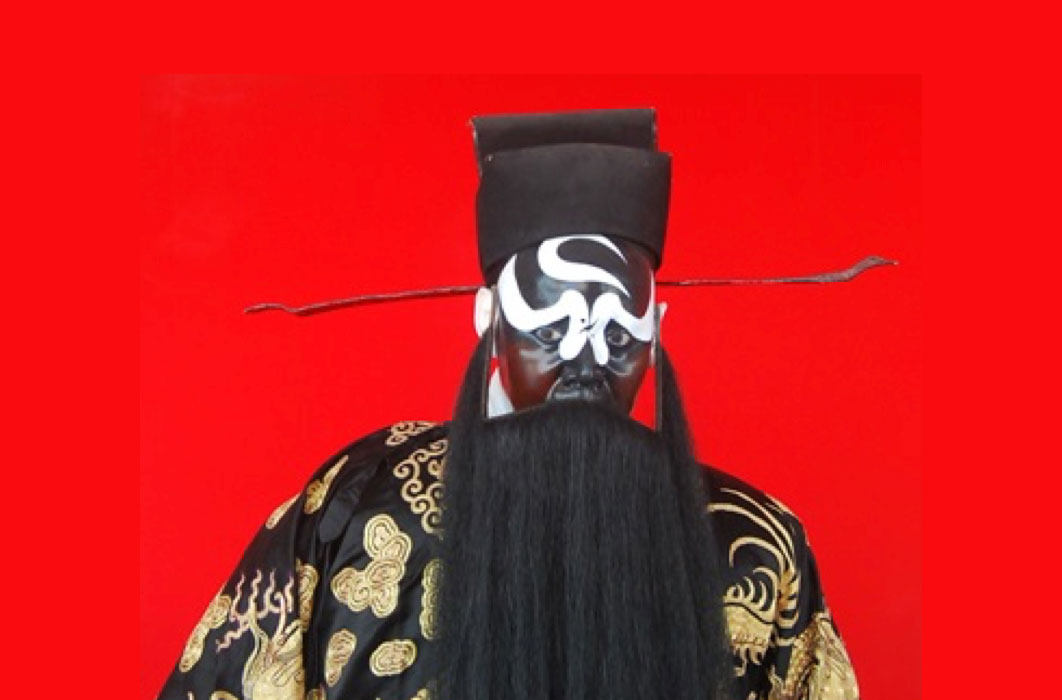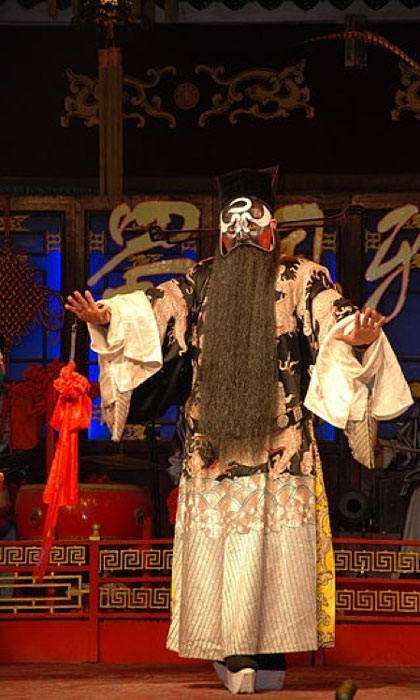
Judge Bao, the Chinese Sherlock Holmes Who Became a Legend
How did a humble government official during the reign of Emperor Renzong (AD 1010 – 1063) of the Northern Song dynasty of China, become a legend, and achieve immortality in Chinese operas as a god status? Such a man was Bao Zheng. Bao Zheng took on many different posts before he was promoted to the position of prefect of the Song capital, Kaifeng, and enjoyed a reputation as fair and virtuous judge after his appointments. Although at a glance this seems to be just another long and impressive resumé of a successful public servant, Bao Zheng became an exceptional character as his cases evolved into many legendary acts of justice such as impeaching an uncle of Emperor Renzong's favorite concubine, punishing powerful corrupted families and even sentencing his own uncle. Not only moving within the circles of the rich and powerful, Bao Zheng was also known to have initiated many legal reforms to better address the grievances of the people.

Lord Bao Memorial Temple. (CC BY-SA 2.0)
Becoming a Legend and a God
By 1250, legends concerning Judge Bao’s insights and fairness had become material for the professional bards and found their way into early printed literature. A series of eight ballads about Judge Bao, dating from 1250–1450, not only describe the abuse of power and corruption in the courts and bureaucratic services, they also show Judge Bao as the character who applied the rule of law to everyone - even the emperor himself.
Like many other Chinese legends, myths and Wuxia stories (Wuxia literally means martial heroes), the legend of Judge Bao became intertwined with actual accounts of Bao Zheng’s office over time. This resulted in his elevation to divine status. Chinese operas, for example, depict him as an imperial judge with a jet-black face and a crescent moon on his forehead. The crescent moon symbolizes brightness and purity. Like the Chinese idiom hào yuè dāng kōng, which means ‘the bright moon hung high in the sky’, the dark face and crescent moon characterizes Judge Bao’s righteous and upright character as they symbolize that his pure mind shone brightly in the darkness of the world.

Bao Zheng portrayed by a Peking Opera actor. (CC BY-SA 2.0)
Within two centuries of his death, Judge Bao’s reputation seems to have developed into that of a somewhat super-judge. Apart from being an important figure in politics and governance, he had also become an important figure in the religious beliefs of Northern China as the chief judge of the underworld and head of its bureaucracy, as his aid was sought for impartial assessment both for the living during the day and for the dead at night.
The Real Judge Bao
The character of the legendary Judge Bao known today was based on that of the Song dynasty official named Bao Zheng (999–1062). Bao Zheng was born into an official family from Luzhou (modern Hefei). His father, Bao Lingyi, was a scholar official and his grandfather, Bao Shitong, was a commoner. Although Bao Zheng's parents could afford to send him to school when the time was ready, they were not always living comfortably as his mother still climbed mountains to collect firewood when she was close to giving birth to him and Bao Zheng grew up among the working class.
- Chinese Builders Discover Song Dynasty Tomb with Elaborate Decoration but Robbers Have Stolen the Rest
- More Artifacts from a Song Dynasty Chinese Shipwreck Revealed
- The Shang Dynasty: Second in Traditional Historiography, First in Archaeology
Bao Zheng passed the highest-level imperial examination and qualified as a Jinshi in 1027. However, he quickly declined an official appointment as a magistrate of Jianchang county to return home in order to care for his elderly parents. He looked after his parents for the next decade and faithfully observed proper mourning rites after their deaths. When he finally set out on his official career, Bao Zheng served in a wide variety of functions in the provinces and in the capital and quickly established a reputation as an honest official and an astute judge.




